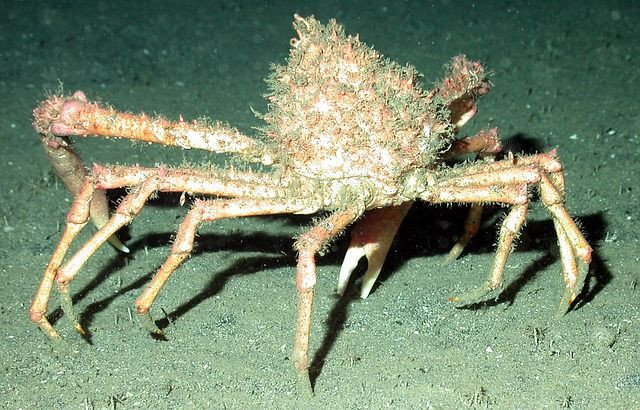Sir David Attenborough Promotes New BBC Nature Series, Seven Worlds

Sea spiders and starfishes the size of dinner plates along the floor of the Ross Sea in Antarctica are some of the exhibits the audiences should expect from David Attenborough’s new series.
The new series aptly named "Seven Worlds; One Planet" breaks the tradition of the previous programs because it places an environmental message at the heart of all episodes rather than illustrating the need in passing at the end.
Attenborough claimed that he was seen as a crazy person when he and the Natural History Unit from BBC began to broadcast messages about nature.
It is just now that people are starting to understand the importance of what they have been discussing.
The series has been in the making for the last four years. It features several firsts for nature series and has already been bought by a host of broadcasters around the world.
The producers took drones over icebergs, waterfalls and volcanoes to shoot animal dramas in every continent. Some of these scenes in this series include lone grey-headed albatross chicks in Antarctica being blown off their nests because of increasingly intense storms.
It also illustrates polar bears using newly discovered strategies to hunt beluga whales. Attenborough claimed people had made a tragic and desperate mess of the planet.
Speaking at the launch of the new series, Sir David stated they are now universal, and their influence is everywhere. Even though humans may have made mistakes, nations are now coming together in recognition of environmental needs.
When asked what people can do to save the earth, Attenborough responded by saying not to waste things.
He stated not to waste electricity, paper, or food and to live without waste.
BBC director-general Lord Tony Hall claimed there had never been a more significant time to bring the wonders of nature to everybody.
He claimed the series has conservation at the heart of its message. Each one of the seven episodes within this series considers a significant threat facing the world at present.
David Attenborough’s 2017 series, "Blue Planet", was successful in raising awareness concerning the environmental damage from plastics. The series painted a picture of how plastics chocked ecosystems, including human settlements.
Seven worlds, One Planet is the result of 92 film shoots done across 40 nations, describing some of the strangest life forms to be documented. The series begins on the 27th of October at six in the evening on the BBC.





















